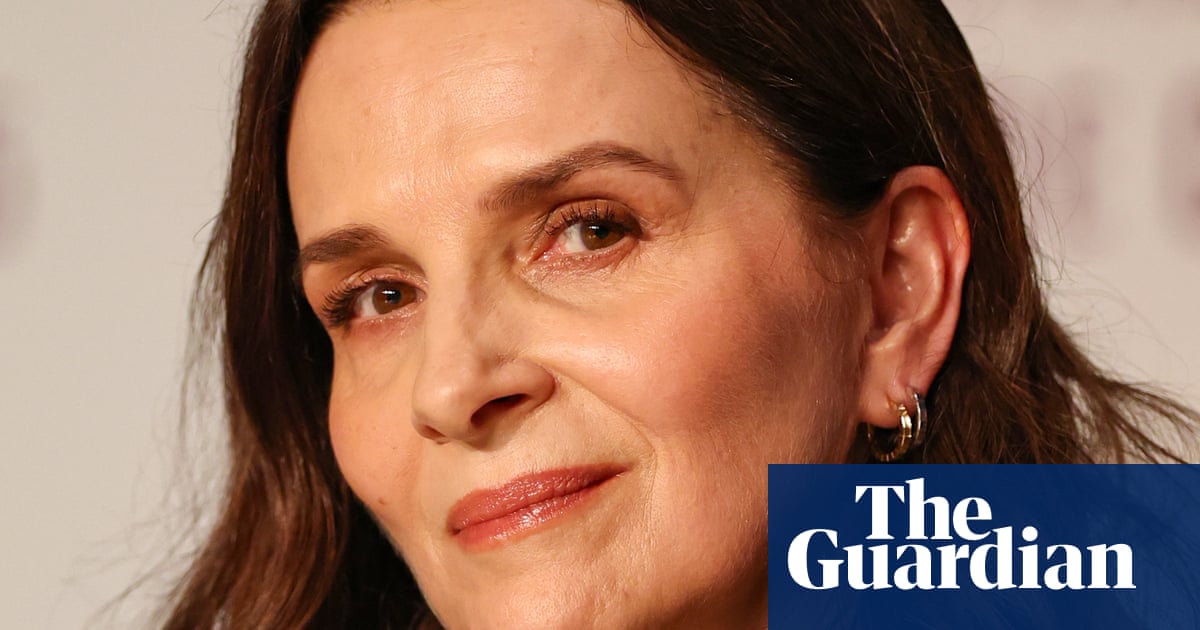Gérard Depardieu was the ghost in the wings at the opening of theCannes film festival, after a court found the French star guilty of sexual assault. The Oscar-winning actor Juliette Binoche had barely begun her duties as Cannes jury president when she was asked to pass judgment on Depardieu and the wider culture of misogyny and sexual violence within the French film industry. “Interesting timing,” she said of the verdict.
Depardieu denied allegations that he had sexually assaulted two women – a 54-year-old set dresser known only as Amélie and an unnamed 34-year-old assistant director – during production of the 2021 French drama The Green Shutters. But the judge ruled that the actor’s explanation of events was “unconvincing” beforesentencing him to an 18-month suspended jail term. Depardieu’s legal team said it would appeal the verdict.
Speaking outside the Paris court, prosecuting lawyer Carine Durrieu-Diebolt celebrated the ruling and its implications. “It’s a victory for two women on a film set,” she said. “But it is also a victory for all the women behind this case and I’m thinking of all Depardieu’s other victims.” To date, more than 20 women have accused the 76-year-actor of sexual misconduct.
Testifying in court, one of Depardieu’s victims, Amélie, recounted how the actor behaved like a “wild animal” on the set of The Green Shutters, trapping her between his thighs and groping her pubis, waist and chest. But speaking at Cannes, Binoche cautioned against labelling Depardieu as a beast.
“He’s not a monster,” she said. “He’s a man who lost his aura owing to facts thatoccurred and were looked at by a court. The star of a film is a king for me. [But] what is sacred is when you create, when you act, and he is no longer sacred … Now the power lies elsewhere.”
The verdict dominated conversation on Cannes’ first day and threw an unwanted spotlight on an event that once welcomed Depardieu and Harvey Weinstein as honoured guests. Binoche, though, insisted that the festival has changed and has a duty of care to women who attend. “[The festival organisers] have a different awareness today,” she said. “They have an awareness of the actions they need to take and understand the need for people to speak out about the abuses they have suffered. It’s an important time. The #MeToo movement came [to France] later than it did to America, but it’s here now.” Depardieu’s conviction, she added, was “of course a result [of #MeToo].”
Binoche – who won the 2010 Cannes best actress prize for her role in Certified Copy – presides over a majority-female jury that includes the actors Halle Berry and Alba Rohrwacher and the film-makers Leïla Slimani and Payal Kapadia. The gender make-up, she said, is further evidence of the festival’s progress. “That’s important to me and important for the whole world. It’s good to challenge the understanding of so-called male freedom.”
The most lauded French actor of his generation, Depardieu was a Cannes regular for decades. He starred in the 1987 Palme d’Or winner Under Satan’s Sun, won the 1990 best actor award for Cyrano de Bergerac and played a behind-the-scenes role in the festival’s programme. Thierry Fremaux, Cannes’ delegate general, has admitted that he only agreed to screen 2014’s critically reviled football movie United Passions – in which Depardieu played Fifa founder Jules Rimet – because the star insisted on the film’s inclusion.
Speaking to reporters ahead of the verdict, Fremaux wouldn’t say whether Depardieu would be invited to Cannes again. “If he has served his sentence as a citizen, what does one do?” Fremaux asked. “The festival – and public opinion – has to deal with these matters on a case-by-case basis.”
Despite the ruling, Depardieu is likely to retain some support within the French film industry. The actor is reportedly currently shooting a film for the veteran actor-director Fanny Ardant, who had attended his trial. On Monday, moreover, 90-year-old Brigitte Bardot defended Depardieu’s behaviour on French television, criticising a world in which “talented people who touch the buttocks of a girl are consigned to the deepest dungeon.”
Binoche was unmoved by these expressions of support. “I mean, we live in a country of freedom,” she said. “This is what it is. Some people [are still in] denial.”
On the ground, away from the fray, it was defiant business as usual at the 78th Cannes film festival, where the opening night festivities include the presentation of an honorary Palme d’Or to Robert De Niro. Among the films in contention for this year’s top prize are Eddington, a modern-day western starring Pedro Pascal and Emma Stone, Richard Linklater’s Nouvelle Vague, about the making of Jean-Luc Godard’s Breathless, and Die, My Love, a US-set drama from British director Lynne Ramsay. Other potential highlights include new work from Wes Anderson, Julia Ducournau and the dissident Iranian film-maker Jafar Panahi.
Relishing her role as jury president, Binoche declined to speculate about this year’s lineup. “The secret is not to anticipate,” she said. “Judging the strength of a film is like acting. You know it’s good when you have it. You just have to trust what you’re feeling.”
